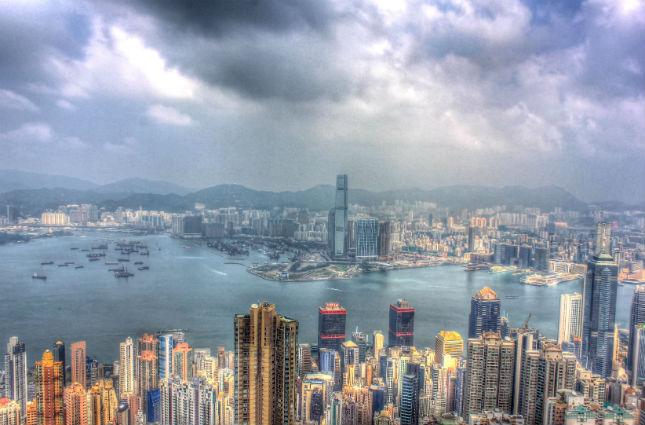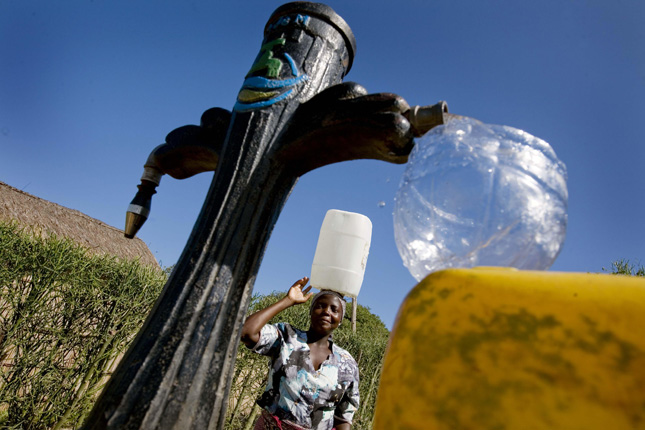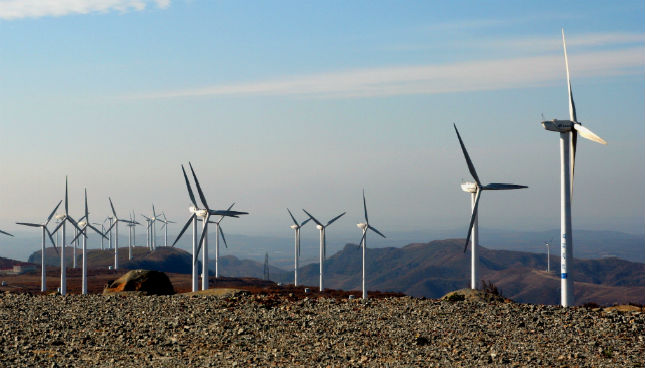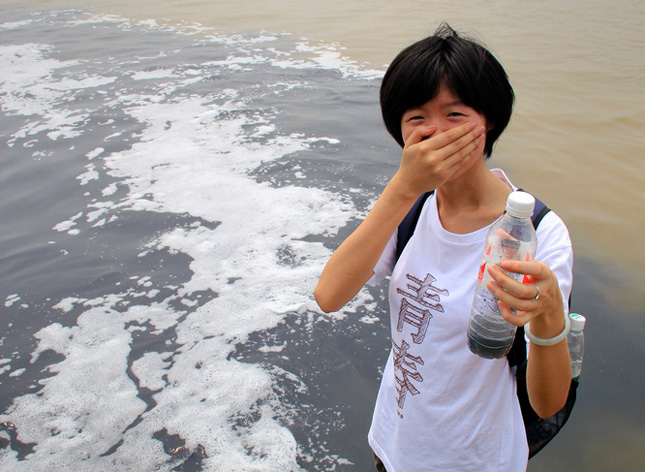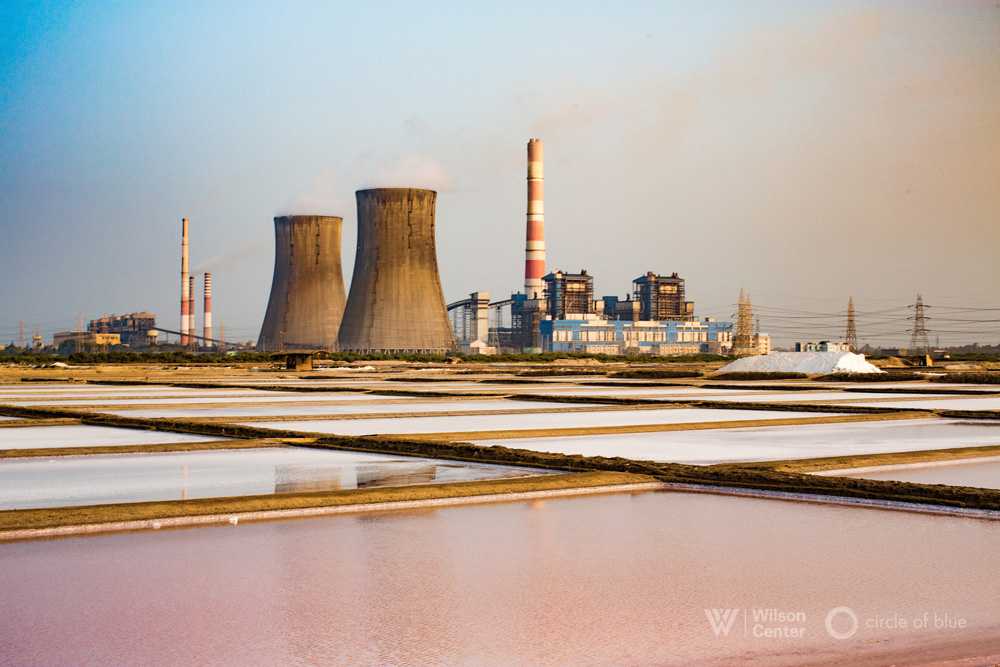-
China’s Silver Bullet: Can the Transmission Grid Solve China’s Problems?
›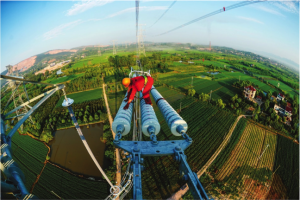
With air pollution causing more than one million deaths in 2015 and reducing the lifespan of citizens in northern China by three years, clean energy has become a top priority for China’s leaders. China tops the world in wind and solar power installations and the government plans to invest more than $360 billion through 2020 on renewable energy. But the green energy transition needs more than renewable power generation: Long-distance electricity transmission could play a key role in cleaning up China’s brown skies. Our recent study estimated that transmitting a hybrid of renewable and coal power through 12 new high-voltage transmission lines could prevent 16,000 deaths from air pollution exposure, and avoid 340 million tons of CO2 emissions in China.
-
One Country, Two Water Systems: The Need for Cross-Boundary Water Management in Hong Kong and Guangdong
›
In 2011, a group of Hong Kong water activists and researchers traveled the length of the Dongjiang (East) River, which stretches from northeast Guangdong Province into Hong Kong’s New Territories, to investigate the challenges facing the watershed. The Dongjiang basin, which provides nearly 80 percent of Hong Kong’s water supply, has suffered water shortages due to the region’s increasing urbanization and industrialization. They found unchecked wastewater discharges—from agriculture, poultry farms, chemical plants, tanneries, and even an open-air quartz quarry—were dangerously degrading water quality.
-
Fresh Water, Safe Water: Integrating Freshwater Conservation and WASH in Sub-Saharan Africa
›
Despite sharing a common element—water—the freshwater community and the Water, Sanitation and Hygiene (WASH) community have traditionally worked independently of each other, said Jimmiel Mandima, director of U.S. government relations at the African Wildlife Foundation during a recent webinar organized by USAID-supported Africa Biodiversity Collaborative Group (ABCG). However, that is starting to change: “Integration will bring value addition and synergy,” he said.
-
China’s Great Green Grid? Chris James on Capturing China’s “Wasted” Wind and Solar Power
›
With a capacity of 3,300 MW, Sichuan’s Ertan Hydropower Plant—once China’s largest—promised to alleviate provincial energy shortages and spur economic growth when it began generating electricity in 2000. However, in what came to be known as the “Ertan Incident,” provincial officials halted all clean energy generation in Sichuan soon after the plant came online. The Sichuan power company was obligated by law to buy half of its power from coal-fired power plants, regardless of their inefficiency or environmental impacts. To keep the coal burning, the dam was forced to operate at a major financial loss.
-
Citizen Science Is Making it Harder for China’s Biggest Polluters to Hide
›
In 2016, the Environmental Protection Agency charged its federal advisory committee with exploring how citizen science and crowdsourcing should be integrated into the agency’s mission. The resulting report eloquently describes how if the environment is to be protected then it’s the duty of all – the government, institutions, and citizens – to work together to achieve this.
-
Lessons From International Water Sharing Agreements for Dealing With Climate Change
›
Scientists agree that many countries in tropical, subtropical, and arid regions should expect changes to water availability and supply from climate change. The U.S. intelligence community has likewise warned of water-driven challenges not only for countries directly affected by water changes, but indirectly to various U.S. national security interests. Perhaps not surprisingly then, the popular literature has been quite clear about prophesizing wars over water.
-
Tamil Nadu Leads India’s Historic Turn to the Sun and Wind
›MADURAI, India – Before he agreed to serve as minister of state and take command of his country’s mammoth energy production and distribution sector, Piyush Goyal developed one of India’s most spirited political careers. “A man of ideas and competence,” according to First Post, a prominent news organization, Goyal is an accountant and lawyer who rose to the peak of Indian economic and political culture as an investment banker, member of parliament, and treasurer of the ruling Bharatiya Janata Party.
-
ND-GAIN Updates Climate Adaptation Index: Good News for Myanmar, Bad News for Brazil
›
As climate change leads to more weather variability and natural disasters, the need for adaptation is more urgent than ever. The Notre Dame Global Adaptation Initiative (ND-GAIN) aims to enhance understanding of adaptation and inform the public and private sectors on actions and investments.
Showing posts from category environmental health.


